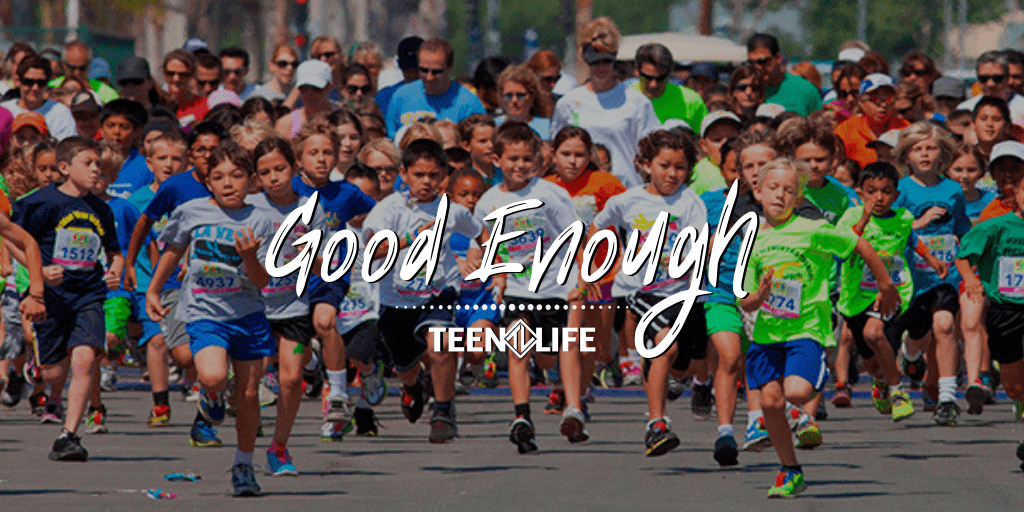A few weeks ago, I got the email. It was from the state of Texas and it was notifying me that STAAR scores were available for 2 of my kiddos. I knew it would be coming because I had seen several social media posts of parents applauding their own children for how well they had done:
“Only missed 1 question!”
“Perfect Score!”
“Mastery Level Scores!”
However, statistically, those students were the exception, not the rule. No one was posting about their child who scored in the “Did Not Meet Grade Level” or “Approaching Grade Level” categories.
We live in a world that quantifies and ranks. Our students are no exception. They have GPAs, Class Rank, ACT/SAT scores, STAAR, band chairs, athletic depth charts, and more. Even my elementary aged kids can tell you their reading level or Lexile level. They can tell you how many students in their class did not pass STAAR last year. They announce a valedictorian at my daughter’s middle school at the end of 8th grade. The list goes on and on.
I was sitting in Karate with my youngest a few weeks ago. As he has moved up belt levels, it has become more challenging for him. He isn’t even in first grade yet, but here is yet another ranking system to compare everyone. He is frustrated and disheartened.
In the middle of the class a few weeks ago, his instructor stopped and had everyone sit down. He turned to the long string of parents watching along the walls and threw out this line:
“Better is always good enough.”
Again:
“Better is always good enough.”
Twice. Because maybe we didn’t hear him the first time.
Such poignant words I needed to hear. I am naturally bent toward perfectionism – just ask my husband. I push myself hard and want to be at the top if there is a ranking to be had. But for many, that ranking system only reinforces that they are not good enough. That they did not pass or make all A’s or make the first string. Students (and adults) feel they could never possibly achieve enough and at some point, they quit trying. In karate, it looks like a child earning a stripe for a skill they haven’t mastered yet but have worked really hard on for the past few weeks and are improving on.
Let’s take that to a different level – Many of the students we encounter everyday have faced very real struggles or trauma in life. There will probably never be a top rank in any traditional system for many of them. But what if we, as a group, shouted from the rooftops that better is always good enough. What if we adjusted our expectations to reflect that philosophy?
Today, she actually tried and did her best on the math test and brought home a 60 – but she actually tried. Better is always good enough.
Today, he apologized after disobeying everything you said. Better is always good enough.
Today, she yelled at another student, but she didn’t get into a physical altercation with them – better is always good enough.
Today, he asked for help instead of just quitting – better is always good enough.
Too often we want our children and the students we work with to be the best. To reach the stars. To be the top. But sometimes, in reaching for the stars, we miss the small victories. The victories we need to applaud in order to keep the students in our lives more motivated and trying. We need to acknowledge that what is a victory for one student would not even be on the radar for another student. That a victory might not be a win by everyone else’s standards.
But to be successful in helping our students, our children, our peers we need to have a moment for Better Is Always Good Enough.

Beth Nichols
Program Director
With her background in social work and experience as a mom of 4, Beth’s perspective is invaluable. She has had the opportunity in both her personal and professional life to encounter youth from a variety of situations.

Better is always good enough. Instead of quitting because she could only get a 30%, she did her best. It was better. It was a 60%. THAT’s BEST. Do not miss the small victories when reaching for the stars.